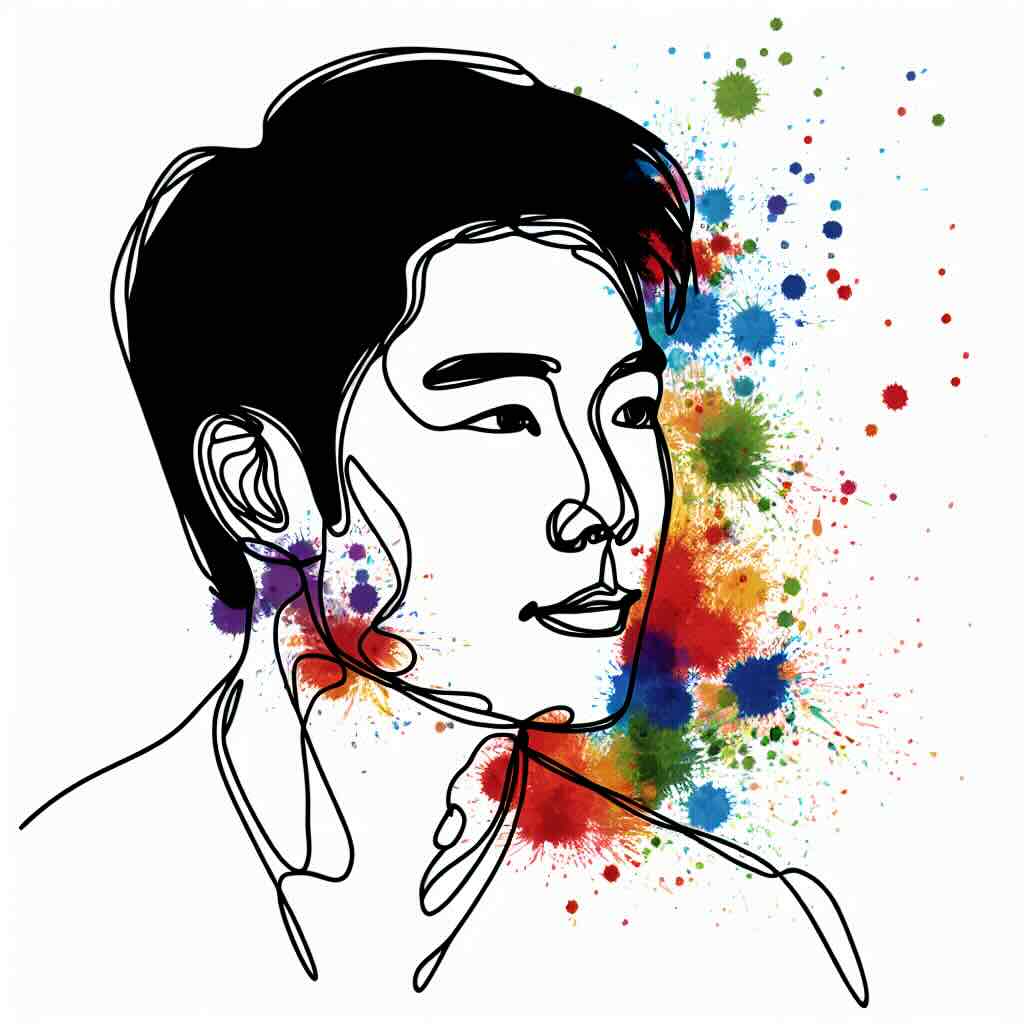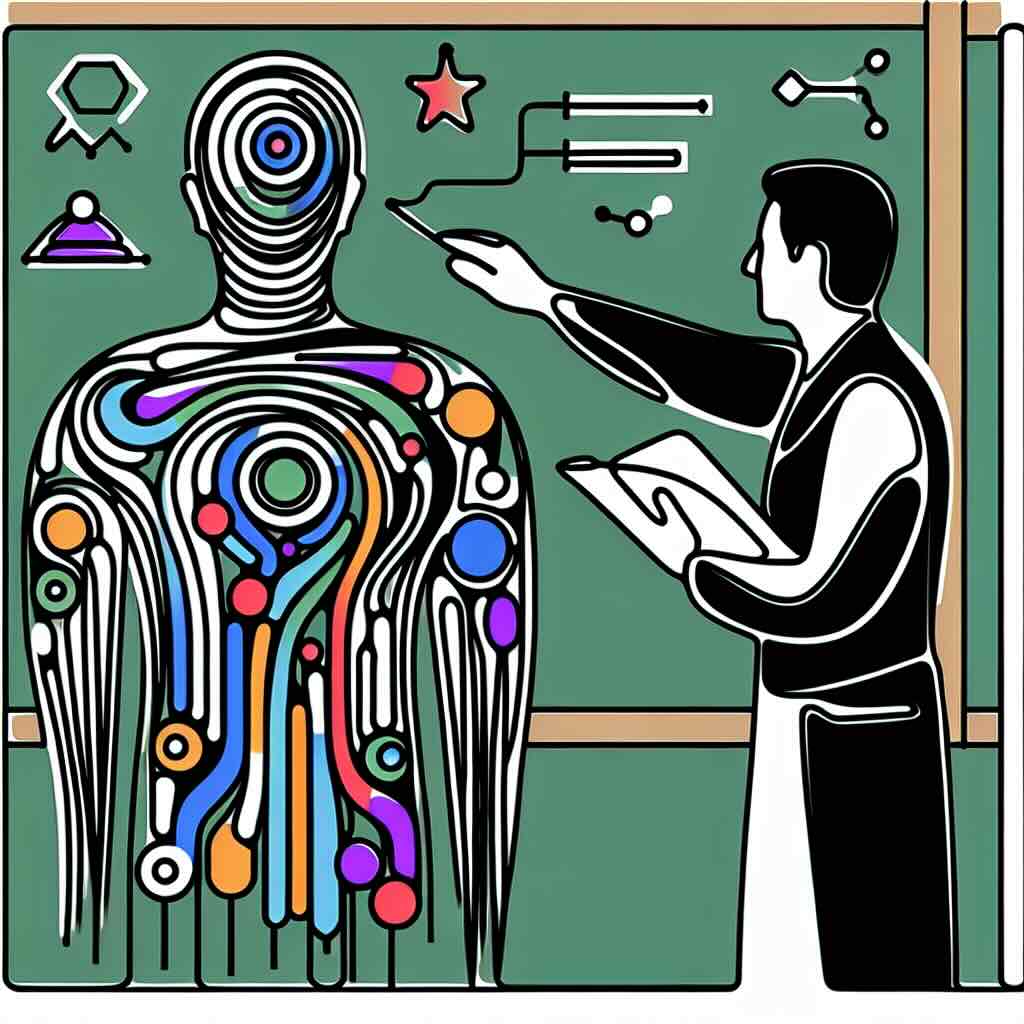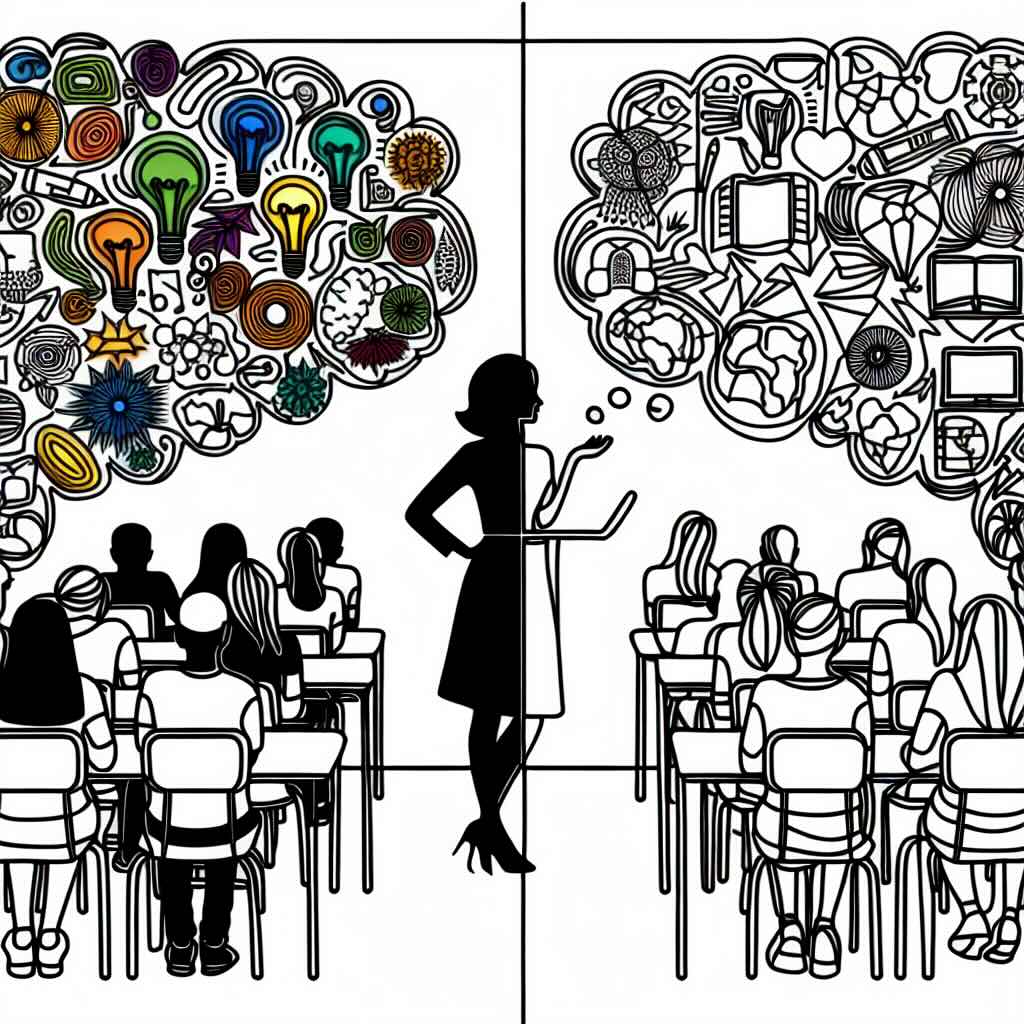
Storyboard templates quietly shape the way instructional designers think. Many still prioritise content production over learning experience. In today’s landscape of AI, modular design, collaboration and time-poor learners, storyboards must evolve. A modern storyboard should act as a thinking tool, not just a production grid. It should make alignment visible, capture duration, encourage experience design and support collaboration and reuse. Updating your template may feel uncomfortable, but it prevents costly redesign later. If your storyboard focuses more on screens than on learner experience, it may be time to iterate again and rethink what your template is teaching you.

"Made entirely by humans" is becoming an important reminder of where ideas actually come from. In a world full of AI-generated content, the value sits in human insight, intention and identity, not in avoiding tools altogether. Digital work can never be completely human because technology always plays a role, so the real focus should be on authorship and purpose. For writing and learning design, AI can help refine and edit, but the ideas and direction should stay firmly human-led. When we label work as “made by a person”, we reinforce authenticity, trust and creative ownership while avoiding shallow, unreviewed AI generated content.

Learning is often mistaken for content engagement, yet meaningful learning comes from lived experience. It grows through action, collaboration, reflection, emotion and application. This post explores why humans learn best through doing, not absorbing, and provides examples from workplace learning, higher education and professional training. It offers practical ways to design lived learning experiences, from scenarios and practice loops to storytelling and peer interaction. As AI accelerates content creation, the real value now lies in designing experiences that build confidence and capability. Learning improves when we focus less on what learners read, and more on what they do.

Review personas offer a practical way to evaluate any learning design or live course through the eyes of real stakeholders. They bring audience research back to life and, when powered by AI, can provide unlimited, low-cost feedback at any moment in the design process. Personas help identify issues early, strengthen alignment, and improve the learner experience before problems become expensive to fix. This post explains how to create effective personas, how to use them to simulate realistic feedback, and how tools like Coursensu and Course Companion make persona reviews part of everyday design practice.

Learner motivation and engagement are what turn participation into real learning. Motivation gives direction and drive, while engagement keeps learners active, connected, and purposeful. This post outlines five simple ways to strengthen engagement; clear goals, flexibility, relevance, purpose, and open communication. Plus five more advanced strategies such as addressing fears, encouraging collaboration, designing variety, promoting reflection, and reinforcing objectives. Together they create confident, curious, and self-directed learners. Investing in engagement is not just about keeping attention; it builds ownership, persistence, and long-term learning success across education and professional settings.

Modern AI tools make it easier than ever to create learning content, but faster production does not mean better learning. True learning happens through experience, not just information delivery. Coursensu uses the six learning types framework - to remind us that acquisition is only the beginning. Collaboration, discussion, investigation, practice, and production are what transform content into meaningful learning. Designing for balance across these types ensures engagement, deeper understanding, and lasting impact. In a world full of generated content, learning designers must focus less on delivery and more on crafting experiences that connect, challenge, and inspire action.

Sticky learning is learning that lasts. It goes beyond short-term recall and equips learners with skills and insights they can apply in real life. To design sticky learning, you need strategies that align with how people learn: explain the process, teach learning techniques, create desirable difficulty, and use stories to make content memorable. Build authenticity and transparency into your activities, encourage active engagement, and design time for reflection. The result is a learning experience that learners connect with emotionally and practically. Sticky learning is deliberate, but the payoff is worth it: retention, confidence, and a personal, long-term impact for every learner.

Storytelling is one of the oldest and most effective ways of learning. From cave dwellers to modern classrooms, stories capture attention, connect with emotions, and make facts memorable. In learning design, stories can ground abstract concepts, build empathy, and motivate learners by creating relatable and engaging experiences. They can take the form of scenarios, case studies, simulations, or even learner-generated narratives. The trade-offs are real, but with careful design, stories create lasting impact. By using storytelling intentionally, learning designers can transform content into meaningful experiences that learners remember, apply, and connect with long after the course ends.

Real time collaboration transforms how learning design teams work together. Instead of passing drafts around or working in silos, designers, educators, and subject experts can see contributions as they happen. This visibility reduces duplication, builds trust, and creates genuine co-design rather than a sequence of handoffs. For learners, it results in stronger, more aligned courses delivered faster. For teams, it turns collaboration into a shared process where every contribution is visible and valued. With Coursensu’s new real time collaboration feature, teams can work together in context, ensuring design is transparent, efficient, and focused on outcomes.
We help you structure learning activities, align with learning outcomes and collaborate with subject experts to create learning experiences in any format and for any platform.